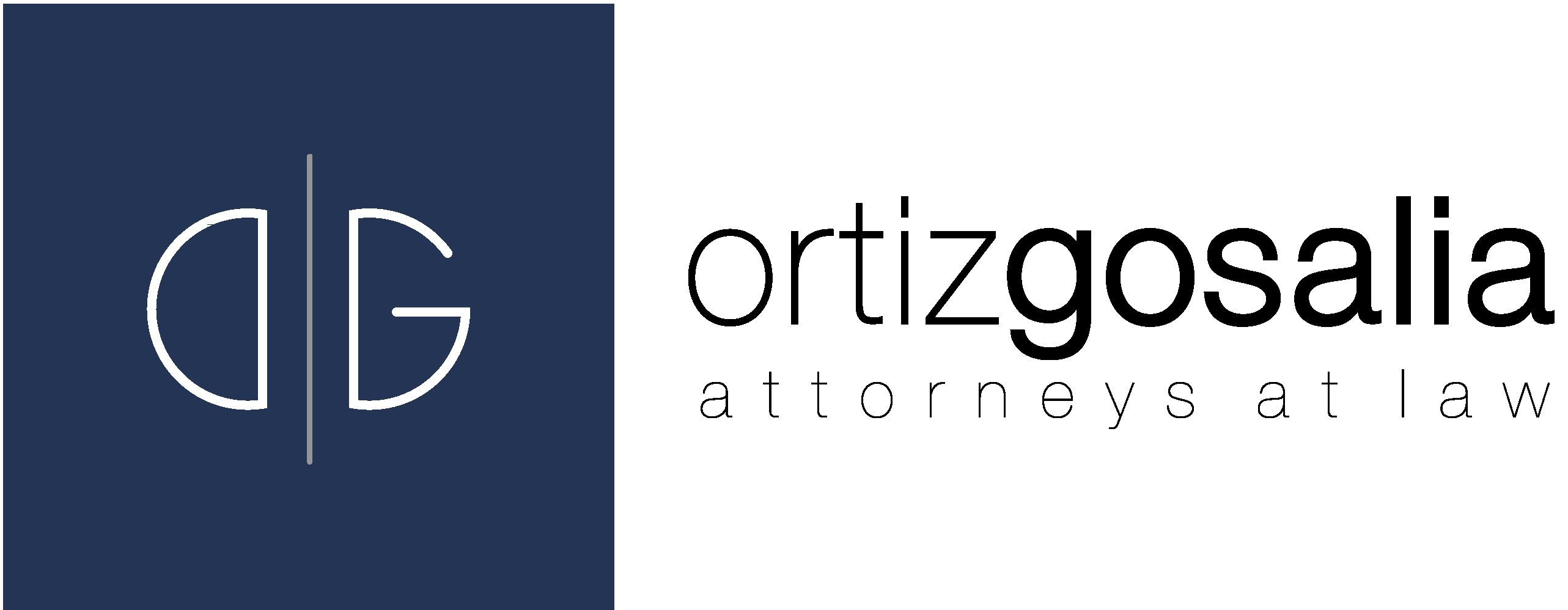
Call Now for a Consultation
1.425.633.2004
Our Blog
3 Simple Ways to Avoid Probate Costs
The bad news: probated estates are subject to a variety of costs from attorneys, executors, appraisers, accountants, courts, and state law. Depending on the probate's complexity, fees can run into tens of thousands of dollars. The good news: probate costs can be...
Not Just Death and Taxes: 5 Essential Legal Documents You Need for Incapacity Planning
Comprehensive estate planning is more than your legacy after death, avoiding probate, and saving on taxes. Good estate planning includes a plan in place to manage your affairs if you become incapacitated during your life and can no longer make decisions for yourself....
3 Asset Protection Tips You Can Use Now
A common misconception is that only wealthy families and people in high risk professions need to put together an asset protection plan. But in reality, anyone can be sued. A car accident, foreclosure, unpaid medical bills, or an injured tenant can result in a monetary...
Year End Estate Planning Tip #3 – Check Your Mental Disability Plan
With the end of the year fast approaching, now is the time to fine tune your estate plan before you get caught up in the chaos of the holiday season. One area of planning that many people overlook is making sure their mental disability plan is up to date. Three Areas...
Does Your Revocable Living Trust Reduce Your Estate Tax Bill?
Many people believe that once they set up and fund a revocable living trust, property held in the trust will avoid estate taxes after they die. In reality, this may or may not be true depending on your choice of beneficiaries and the terms written into your trust...
Discretionary Trusts – How to Protect Your Beneficiaries From Bad Decisions and Outside Influences
Leaving your hard-earned assets outright to your children, grandchildren or other beneficiaries after you die will make their inheritance easy prey for creditors, predators, and divorcing spouses. Instead, consider using discretionary trusts for the benefit of each of...
How Often Do You Update Your Estate Plan? More Often Than Your Resume?
A resume is a “snapshot” of your experience, skill set, and education which provides prospective employers insight into who you are and how you will perform. Imagine not updating that resume for 5, 10, or even 15 years. Would it accurately reflect who you are? Would...
Revocable Trust vs. Irrevocable Trust: Which Is Best for You?
Trusts allow you to avoid probate, minimize taxes, provide organization, maintain control, and provide for yourself and your heirs. In its most simple terms, a trust is a book of instructions wherein you tell your people what to do, when. While there are many types of...
Where is the Best Place to Store Your Original Estate Planning Documents?
Estate planning attorneys are often asked where original estate planning documents – wills, trusts, powers of attorney, and healthcare directives – should be stored for safekeeping. While there is no right or wrong answer to this question, consider the following:...
Do You Own Rental Property? How Proactive, Comprehensive Estate Planning Can Help
A comprehensive estate plan should address all of your assets. For most people, an estate plan must include three common categories: (1) your home; (2) financial accounts, like your checking and savings account; and (3) personal property. Other types of assets - such...
Copyright 2022 Ortiz & Gosalia, PLLC | A Website Design by Ahrens Technologies